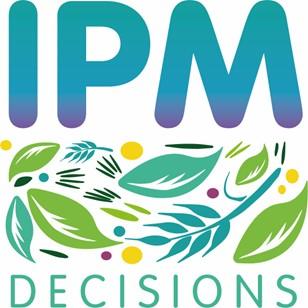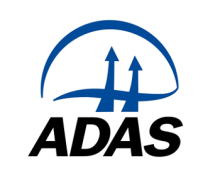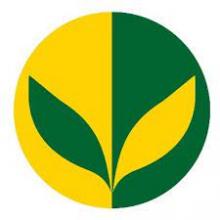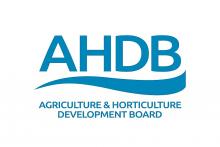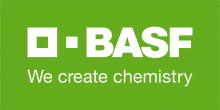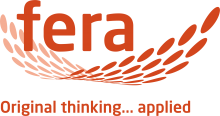The IPM platform gives farmers and advisers access to a large range of existing Decision Support Systems for their regional conditions.
Implementing Integrated Pest Management (IPM) practices to tackle pests, weeds and diseases can be a real challenge for farmers and advisors. Decision Support Systems (DSS) can assist on-farm decisions to implement IPM.
The IPM Decisions project is developing an online platform that is easy to use for the monitoring and management of pests. The platform is available across the EU with DSS, data, tools and resources tailored to individual regions.
The platform has been developed in collaboration with partners across Europe, based on the feedback of farmers, agronomists, researchers and developers during three rounds of international stakeholder workshops.
Take a look at all the current systems available here
Register an account (free) and explore the platform at https://platform.ipmdecisions.net/
Share your feedback and suggestions below.
Research outputs relating to the IPM Decisions project can be found here.

